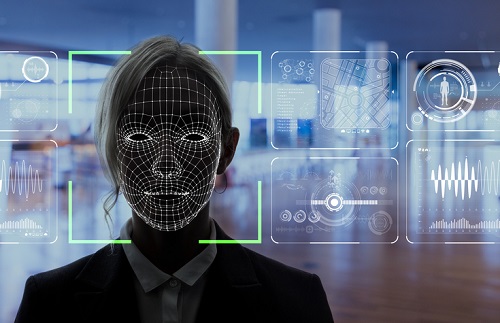
From next term, Ballarat Clarendon College will replace roll-call with an automated face-scanning system to monitor student attendance.
The trial, which will take place at the College’s Sturt Street campus, will match students against school identification and recording a timestamp of recognition.
In a letter to parents, the College’s acting principal, Shaune Moloney, said that the “small-scale” trial will enable staff to determine the advantages and complexities of the new technology before making long-term decisions.
“We have a duty to ensure that we provide the best care for our students; we need to be confident that all students are recorded and safe throughout the school day,” Moloney said.
“At Ballarat Clarendon College, the attendance of students is recorded up to six times a day – in every class and during homeroom, House or Study. In every lesson every day, our aim is to maximise the student’s time on task.”
Moloney said time wasted updating the roll when students return from a Music lesson or arrive on a late bus or are excused to attend the Health Centre is time that is not dedicated to ensuring the progress of students’ learning.
“Any efficiencies that we can achieve in the important process of monitoring student attendance are to be embraced,” he said.
The automated roll marking system trial will require the installation of an unobtrusive sensor over the whiteboard in a small number of classrooms. The sensor will periodically scan the room for the presence of students.
The scan then generates data which is aligned with the student’s school ID using facial comparison technology and a timestamp of recognition is recorded.
Moloney said validation of the classrooms scans would be undertaken by the College’s administrative staff.
There have been concerns by parents and privacy advocate groups that the use of cameras in schools can endager student privacy, but Moloney said the system being trialled poses no such risk.
“The device does not film the classroom interactions, merely ‘recognises’ students, and no images are saved,” he said.
“The trial would provide us with valuable information about the effectiveness of this new technology, allowing us to measure and assess the efficiencies that could be achieved.”


